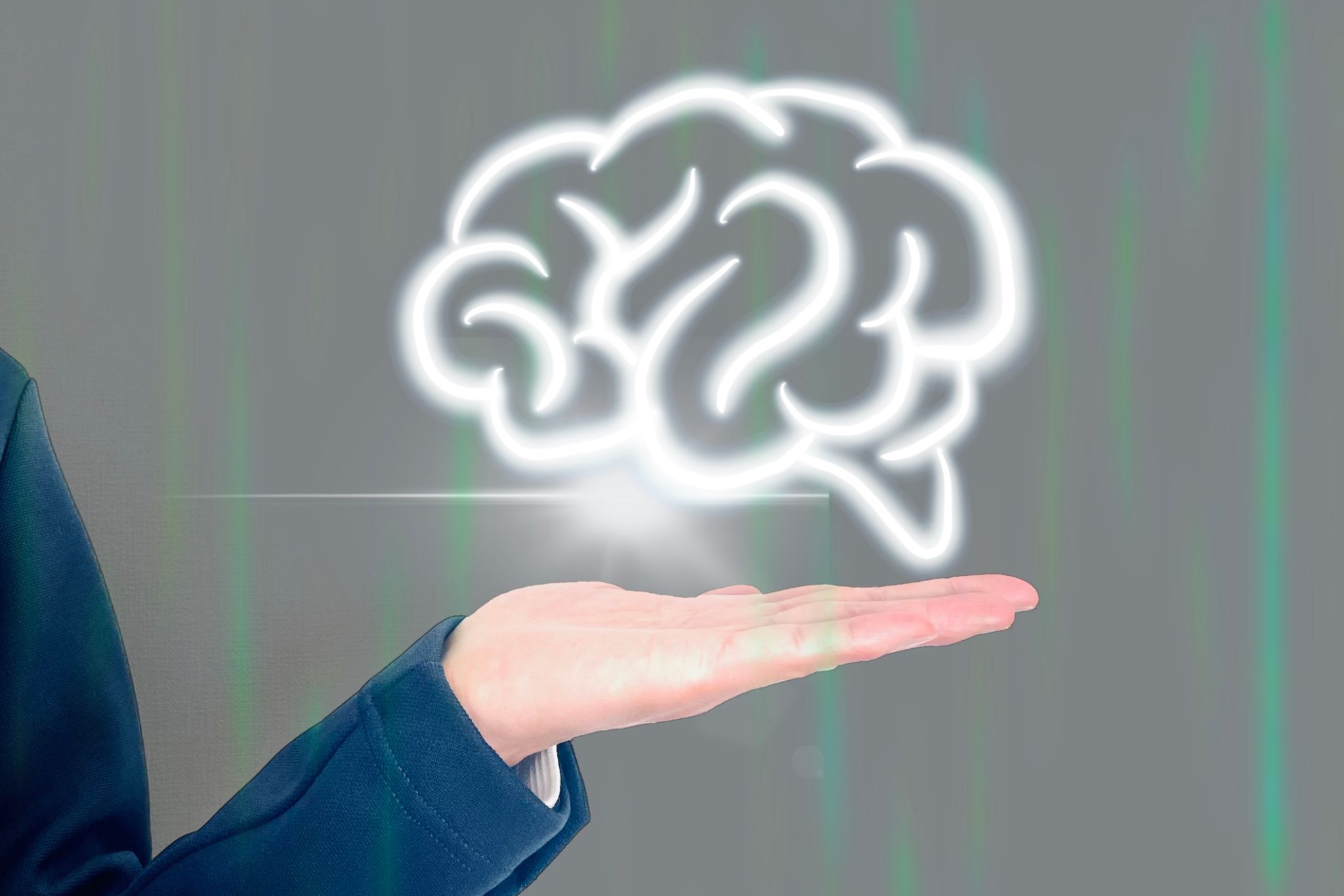Artificial Intelligence in Law Practice: Separating Myths from Reality
The Role of Artificial Intelligence in Law
The integration of Artificial Intelligence (AI) into law practice has sparked both excitement and skepticism. While some envision a future where AI takes over legal jobs, the reality is far more nuanced. AI is not about replacing lawyers but enhancing their capabilities and transforming the way legal services are delivered.

Understanding AI in Legal Research
One of the most significant impacts of AI in law is in the realm of legal research. Traditional legal research methods are time-consuming and often cumbersome. AI-powered tools can rapidly analyze vast amounts of legal texts, case law, and statutes to provide relevant information in a fraction of the time. This not only saves lawyers valuable time but also reduces the likelihood of human error.
AI systems can identify patterns and predict outcomes based on historical data, helping lawyers build stronger cases. However, these systems require careful oversight to ensure that the data used is accurate and unbiased.
Contract Analysis and Automation
Contract analysis is another area where AI is making significant strides. AI tools can automate the review and management of contracts, identifying key clauses and potential risks. This automation allows lawyers to focus on more strategic tasks rather than getting bogged down with routine document reviews.

Despite these advancements, AI in contract analysis is not infallible. It requires continuous updates and supervision from legal professionals to ensure that nuances and specific legal language are correctly interpreted.
AI and Legal Ethics
As AI becomes more prevalent in law practice, it raises questions about legal ethics and accountability. Lawyers must ensure that AI tools are used responsibly and that they maintain the integrity and confidentiality of client information. Additionally, there is a need for clear regulations governing the use of AI in legal settings to protect both clients and practitioners.
The Myth of AI Replacing Lawyers
A common myth is that AI will replace lawyers entirely. While AI can handle repetitive tasks with efficiency, the human elements of empathy, judgment, and ethical reasoning are irreplaceable. Lawyers will continue to play a crucial role in providing personalized advice and representing clients in complex legal matters.

Instead of viewing AI as a threat, the legal industry should embrace it as a tool that enhances human capabilities and fosters innovation. By leveraging AI, lawyers can improve service delivery and create more accessible legal systems.
Preparing for an AI-Enhanced Future
To fully benefit from AI, law firms must invest in training and development. Educating legal professionals about AI tools and their applications ensures that they are well-equipped to integrate these technologies into their practice. Additionally, fostering a culture of innovation within law firms will drive the adoption of AI tools and lead to more efficient and effective legal services.
Ultimately, the future of AI in law practice is not about replacing lawyers but augmenting their abilities to serve clients better. By separating myths from reality, the legal industry can harness the power of AI to transform and improve the practice of law.
